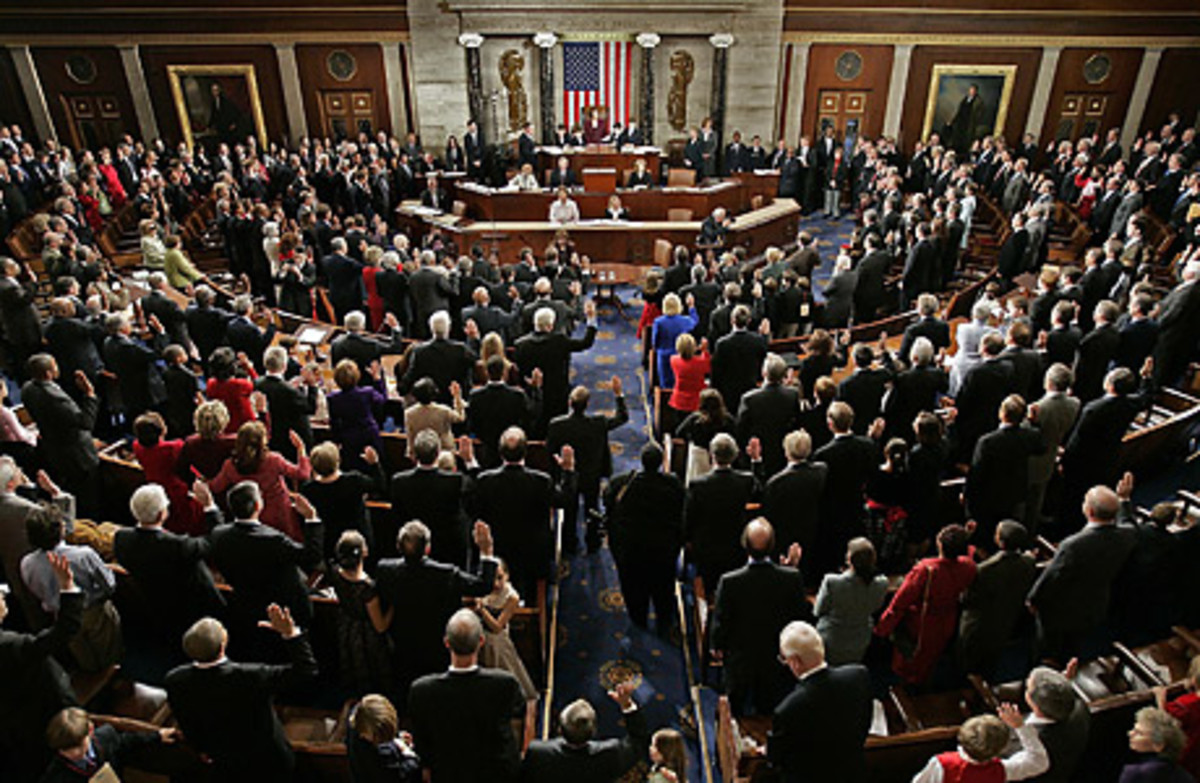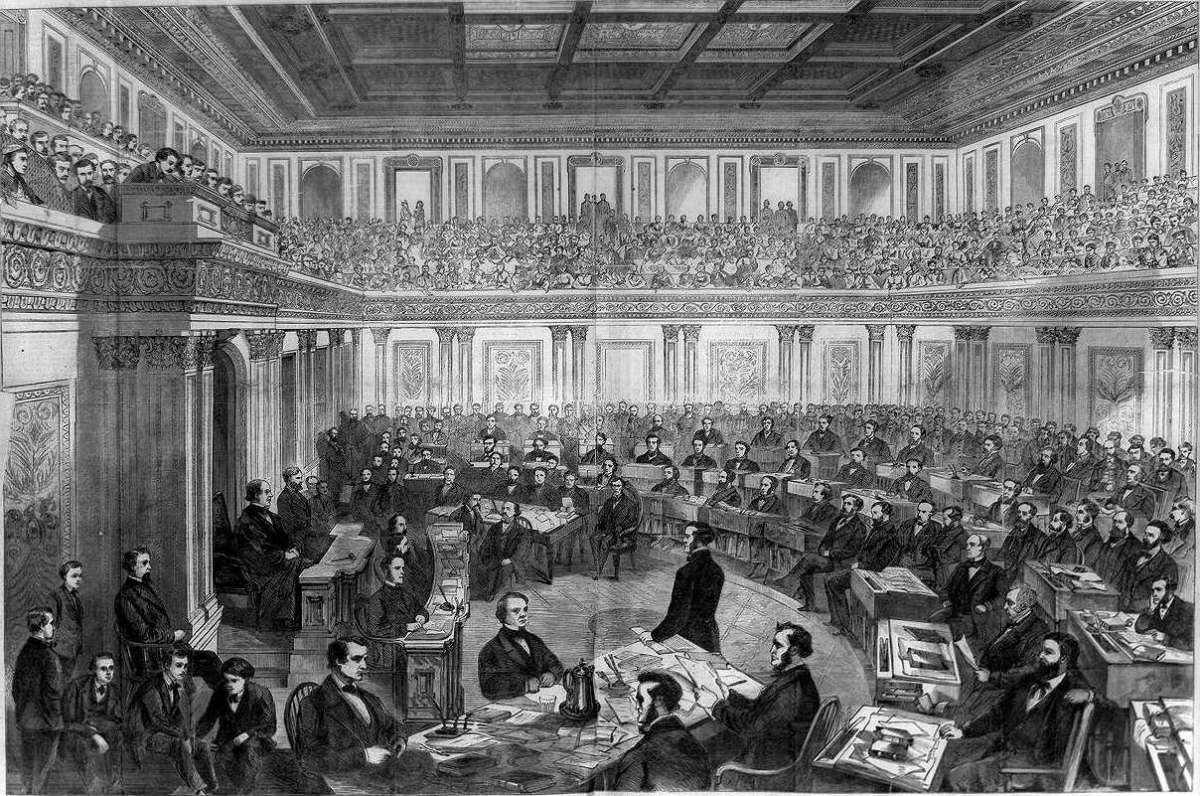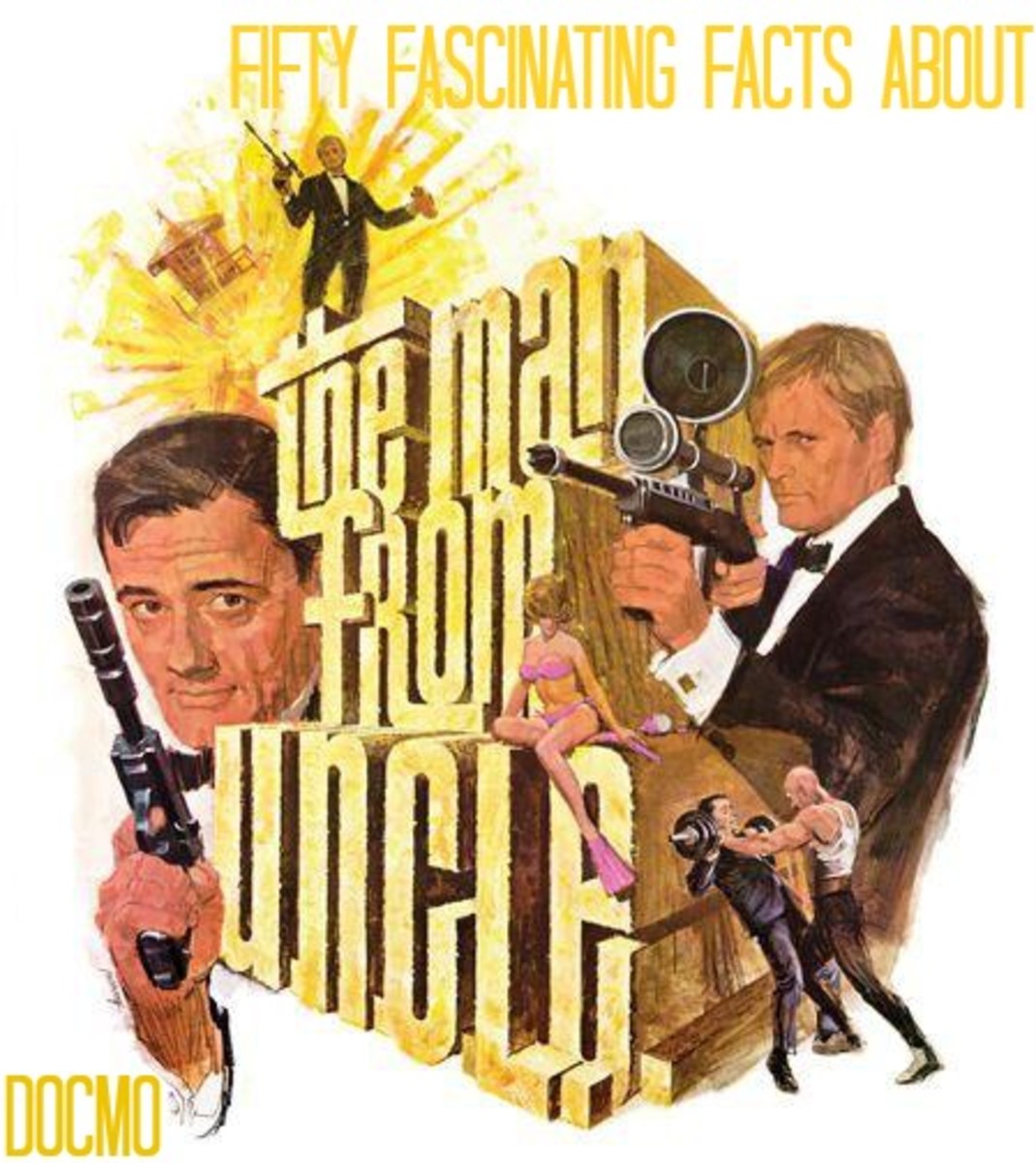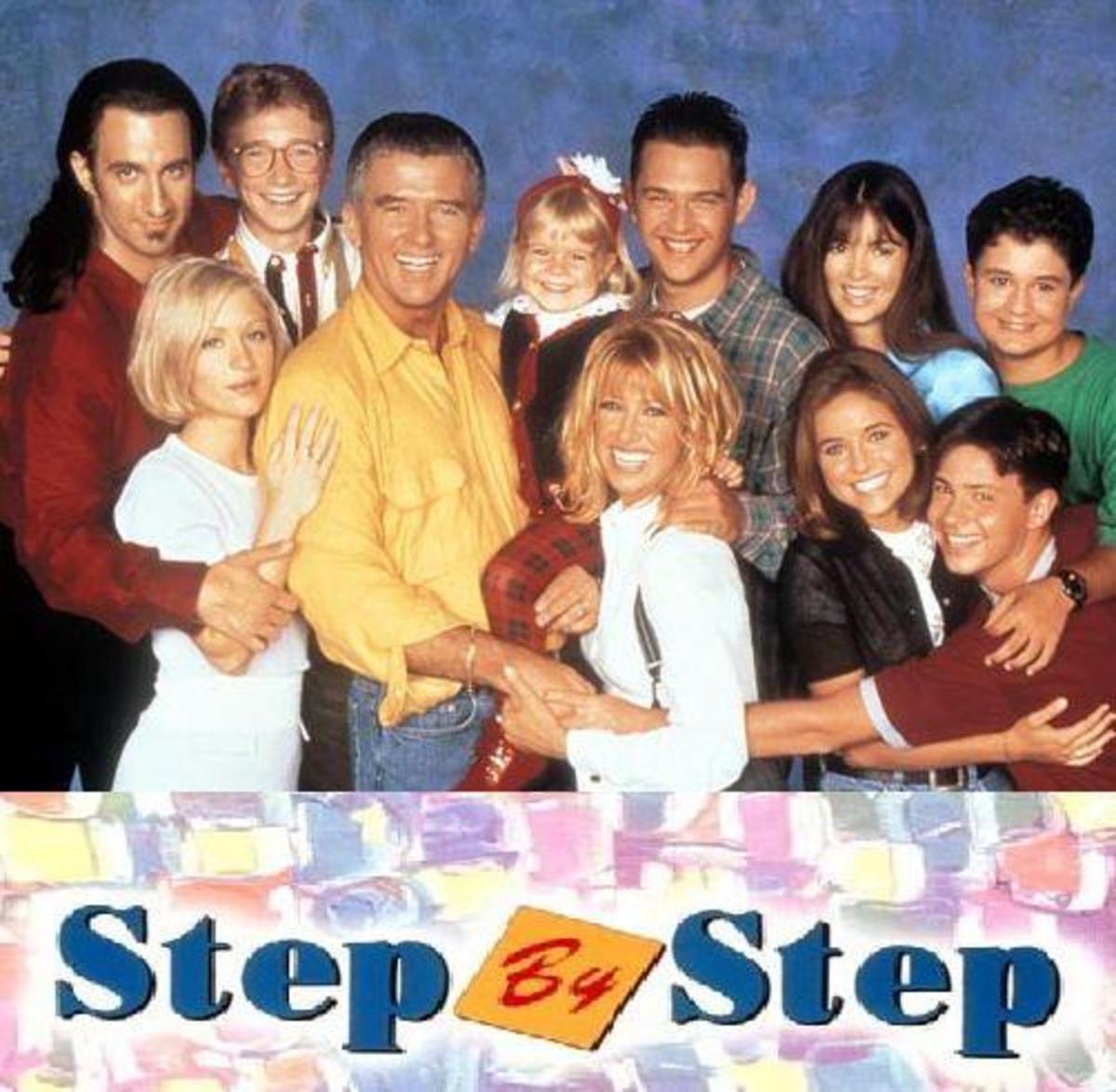House of Cards: Is It Possible or Realistic to Replace the Speaker of the House?
House of Cards Trailer
The new Netflix original series, House of Cards, is a thrilling political drama. In 13 episodes, it follows the political machinations of Rep. Francis Underwood, the Democratic majority whip in the House of Representatives.
The series provides a realistic and gritty view of Washington, Congress, and the murky relationships that revolve around government and power. It explores the sometimes questionable relationship of politicians and lobbyists, the balance of power between the Hill and the White House, and the difficult process of writing and passing legislation. While it's a fictional show that pushes the limits of what actually happens in and around Washington, it is a fascinating look behind the curtain that is American government.
Throughout the series, you as the viewer may wonder how realistic all of these things are. A good case in point happens about halfway through the season. Frank plans to orchestrate a coup within the Congressional leadership and possibly replace the Speaker of the House. His plan is to use the opposition party (the Republicans) to get this done.
Which raises a few questions. Is it possible to replace the Speaker of the House? Has this ever been done? And has there ever been a coalition of political parties that jointly elected a Speaker of the House?
Can the Speaker of the House Be Removed?
When I first watched the series, my curiosity was piqued when Underwood tried to orchestrate a coup of the Speaker of the House. His plan was to vote to remove the current Speaker and then team up with the Republicans to elect a new Speaker. Great drama, but is that even possible?
In the Constitution, not much is said about the Speaker's position. Article 1 of the Constitution deals with the legislature, including the House of Representatives. Article 1, Section 2 simply states:
The House of Representatives shall chuse their speaker and other Officers; and shall have the sole Power of Impeachment.
That (half) line is all the Constitution says about the position of the Speakership. Through House rules, however, he has become perhaps the most powerful person in Congress. He (or she, in the case of Nancy Pelosi) can exert considerable influence on how the House operates, and the Speaker can unilaterally decide when and whether to bring a bill to the floor for a vote. In other words, he can grind the whole process to a halt if he so chooses.
The Speaker of the House is elected on the first day of Congress, and it is one of the first orders of business of the House of Representatives when it opens a new session. However, it turns out that it is possible to remove a sitting Speaker. The Jefferson Manual, in which Thomas Jefferson lays out the parliamentary rules that came to govern the House of Representatives, states:
A Speaker may be removed at the will of the House, and a Speaker pro tempore appointed.
A resolution declaring the Office of Speaker vacant presents a question of constitutional privilege, though the House has never removed a speaker. It has on several occasions removed or suspended other officers, such as Clerk and Doorkeeper. A resolution for the removal of an officer is presented as a matter of privilege.
So, according to Jefferson, the Speaker can be removed by a House Resolution (H. Res.). There is, however, absolutely no mention in the current Rules of the House of Representatives for the 113th Congress of removing a Speaker. The rules state that the Speaker or the House may remove another officer, and the rules state that the House can elect a Speaker pro tempore (as Jefferson suggests) if there is a vacancy. But it's not clear that the House can present a resolution to create that vacancy.
To answer the original question... good question. There is legal and philosophical precedent, but there is no explicitly stated method for removing the Speaker of the House. So the only way we would know for sure is if someone actually presented a resolution as a question of privilege requesting the removal of the Speaker of the House.
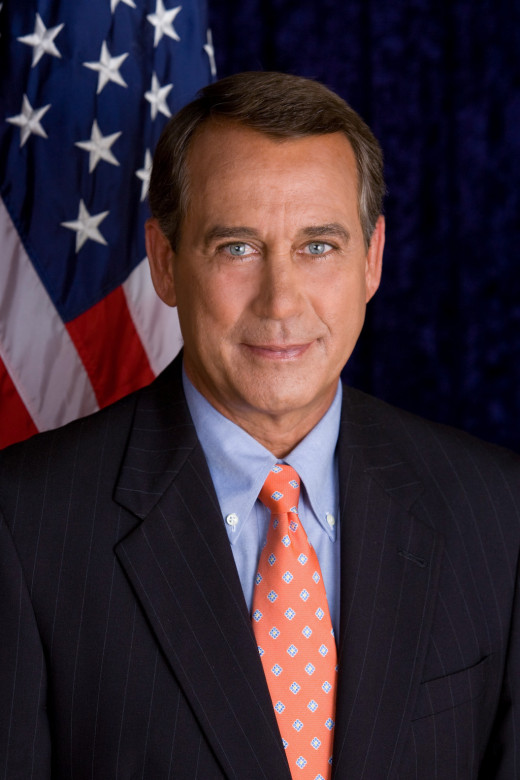
Has There Ever Been an Attempt to Remove a Speaker?
Which brings us to the next question. Has there ever been an attempt to remove a sitting Speaker of the House?
There have been some coups in House history, but these have typically taken place between sessions. At the beginning of each session of Congress, a Speaker of the House is elected. In the current Congress (the 113th Congress), there was talk o a potential coup.
Yet it wasn't successful. Twelve Republican Congressmen refused to vote for Rep. John Boehner, but he won the election to the Speakership anyway.
Not everyone has been so lucky. After the 1998 midterm elections, Newt Gingrich failed to get re-elected as Speaker of the House, and he was replaced by Dennis Hastert. In the 1960s and 1970s, the Republicans replaced their leadership a couple of times, although this was when they were a minority.
In 1997, however, there was one reported instance of an attempted coup like that portrayed in the TV show. A small group of Republicans, including the House Leadership (Majority Leader Dick Armey, Majority Whip Tom DeLay) and other influential Congressmen like John Beohner and Bill Paxon. But, Majority Leader Armey backed out at the last moment, and the vote never occurred.
Presumably they felt that they could use a parliamentary maneuver to remove Newt Gingrich as Speaker. Perhaps the rules were different in that Congress, or perhaps they were ready to assert their privilege by force of precedent. But, it didn't much matter since they failed. In my research, however, this is the closest the House has ever come to removing a sitting Speaker of the House.
Has There Ever Been a Speaker Supported by a Coalition?
There is a precedent and argument for removing the Speaker. There was an attempt, albeit failed, to do so in 1997. Which brings us to the final question. Has there ever been a two-party coalition that elected a Speaker of the House?
Yes, but not recently. In the 34th Congress (1855 to 1857), there was an opposition coalition involving the (rising) Republican party, the (dying) Whig party, the Free Soil Party, and the Know Nothing party. They combined to have form a majority over the Democratic party, and there was an extremely contentious election for Speaker of the House. Nathaniel Banks, representing Free Soil and Know Nothing interests, was eventually elected by the opposition coalition. This was after 133 ballots, 21 nominees, and two months.
There were less dramatic examples in the 65th Congress (1917 to 1919) and the 72nd Congress (1931 to 1933). In 1917, there was a roughly even split between Democrats and Republicans. A handful of Progressive Party Representatives eventually sided with the Democrats, helping re-elect James Clark (a Democrat) as Speaker. Similarly, in 1931 there was an even split between Democrats and Republicans. The lone third-party Representative, a member of the Minnesota Farmer-Labor Party, sided with the Democrats and elected their nominee.
So What's the Likelihood of a Coup Like the TV Show?
At the end of the day, a coup like the one Rep. Frank Underwood planned in the TV show House of Cards is possible. But it's highly unlikely.
There is an argument that the House can remove a sitting Speaker of the House. Jefferson's manual says this is possible, although the House Rules don't explicitly state it. The Republicans tried it in 1997 and failed miserably.
As for a coalition electing a Speaker, it has happened. However, in each case a tiny third party has joined with a major party to make the decision. Never has a small part of the majority party joined with the opposition party to elect a different speaker from the majority party.
So is it possible? Well, maybe. Is it probable? Nope, not really. But that's what makes it compelling drama, and that's what makes House of Cards an awesome show. The twists and turns of the plot are all feasible, if unlikely, and this leads to an truthful, if hyperbolic, depiction of power politics in Washington.


